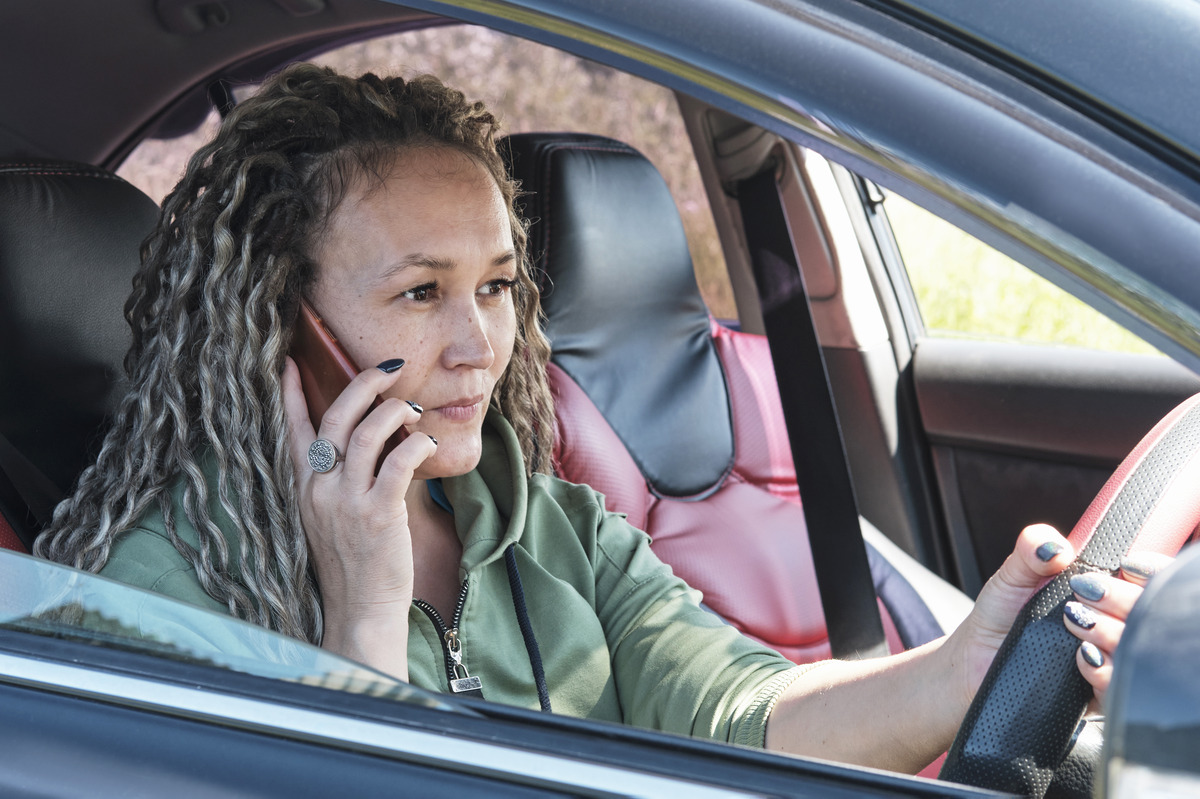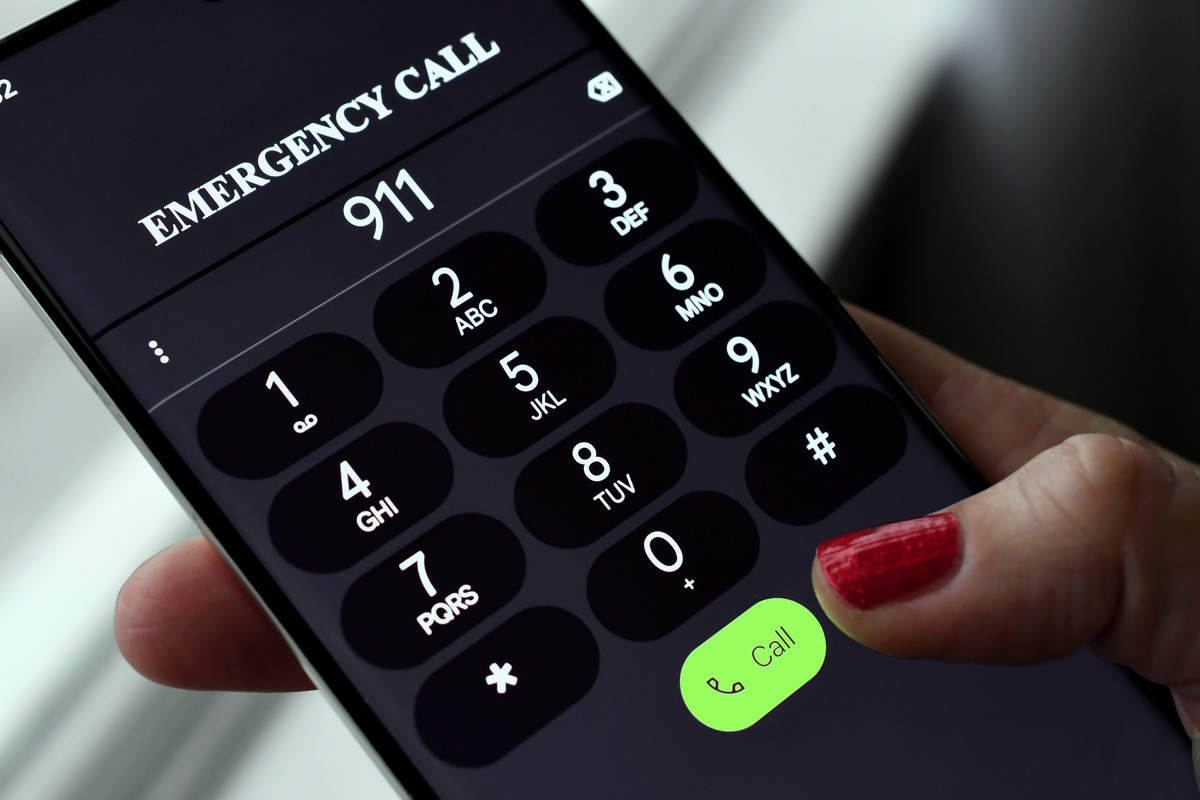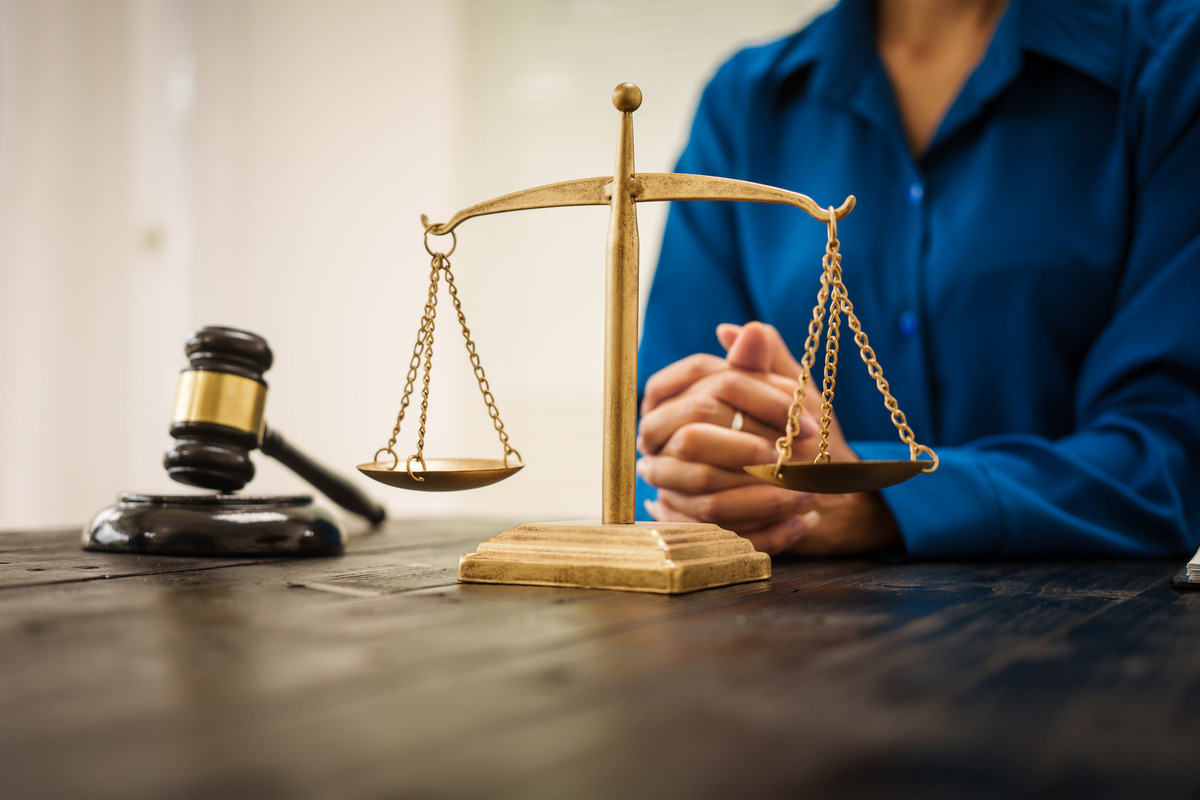Legal Rights of Motorcyclists Injured by Distracted Drivers
This comprehensive guide explores the legal rights of a motorcyclist injured by a distracted driver, including the common causes of distracted driving, potential damages, steps to take after an accident, and how to protect your rights.
Table of Contents:
- Introduction: Why Distracted Driving Affects Motorcyclists So Severely
- Common Types of Distracted Driving
- The Legal Rights of Injured Motorcyclists
- Damages You May Be Entitled To
- Steps to Take Immediately After an Accident
- Proving Distracted Driving in Court
- Hiring Legal Counsel
- Statute of Limitations for Motorcycle Injury Cases
- Protecting Your Rights and Future
- Strong Call to Action
1. Introduction: Why Distracted Driving Affects Motorcyclists So Severely
Motorcyclists are among the most vulnerable road users. They enjoy the freedom of open air and a direct connection to the environment, but they also face significant risks when sharing the road with larger, heavier vehicles such as cars, trucks, and SUVs. When a distracted driver drifts between lanes or reacts a second too late to a traffic condition, the resulting collision with a motorcyclist can be devastating. Unfortunately, a “motorcyclist injury distracted driver” scenario is common due to the prevalence of smartphones and other electronic devices.
Riders lack the protective frame of a car, and so even a “minor” collision can cause serious harm, such as broken bones, spinal injuries, or traumatic brain injuries. On top of medical consequences, many emotional and financial burdens follow. If you have been in this situation, you may wonder about your legal rights and how to secure fair compensation.
In this article, we’ll break down the fundamental legal principles that affect a motorcyclist’s rights and demonstrate how distracted driving can become a central issue in any accident claim or lawsuit. By understanding the types of compensation available, the steps to preserve evidence, and the importance of seeking professional legal counsel, you can ensure your best chance at securing a fair outcome.
2. Common Types of Distracted Driving

1. Texting and Smartphone Use
The most infamous type of distraction today is texting or browsing social media while driving. Even a few seconds of diverted attention can lead to serious accidents.
2. Eating and Drinking
Drivers often grab a quick meal behind the wheel, shifting focus from the road to food, drinks, and wrappers.
3. Adjusting In-Car Controls
Fiddling with the radio, air conditioning, or GPS diverts attention. While these actions may seem minor, they are enough to cause a driver to fail to notice a nearby motorcycle.
4. Conversation and Passenger Distraction
Engaging in deep conversation or turning around to talk with passengers can reduce a driver’s situational awareness.
5. Daydreaming or Fatigue
Sometimes, drivers’ minds wander, or they feel exhausted. These “cognitive distractions” can be as dangerous as looking at a phone.
Because motorcyclists have a smaller profile, drivers who aren’t entirely focused on the road are less likely to spot them in blind spots or mirrors. This heightens the risk of accidents when distractions come into play. Identifying the distraction can significantly strengthen your legal claim if you are a motorcyclist injured in such a situation.
3. The Legal Rights of Injured Motorcyclists
If you have sustained injuries from a motorcyclist injury distracted driver incident, several legal rights come into focus:
1. Right to Sue for Damages
The injured motorcyclist may file a personal injury claim against the distracted driver to recover damages. These damages include medical bills, lost wages, and pain and suffering.
2. Right to Obtain Evidence
You have the right to gather evidence of the other driver’s negligence. This could mean obtaining phone records, traffic camera footage, and eyewitness accounts that prove the driver was indeed distracted.
3. Right to Representation
Every injured party has the right to hire an attorney who focuses on personal injury law and, ideally, has handled numerous motorcycle accident cases.
4. Right to a Fair Settlement or Trial
Insurance companies often attempt to minimize payouts. You can take your case to court if a fair settlement cannot be reached.
4. Damages You May Be Entitled To
Various forms of compensation (known as “damages”) are typically available to victims of motorcycle accidents. These can be sorted into several categories:
1. Medical Expenses

This includes your immediate hospital bills, follow-up appointments, rehabilitative treatments, surgeries, prescription medications, and assistive devices such as crutches or wheelchairs.
2. Lost Wages and Future Earning Capacity
If you cannot work due to your injuries, you may be entitled to recover lost wages for the time you missed. In more severe cases that result in long-term disability or reduced earning capacity, you can seek additional compensation.
3. Pain and Suffering
These damages compensate you for the physical pain and emotional distress you endured because of the accident.
4. Property Damage
Compensation can also include repairing or replacing your damaged motorcycle, riding gear, and other personal items lost in the crash.
5. Punitive Damages
In some jurisdictions, you might be entitled to punitive damages if the distracted driver’s behavior was incredibly negligent or reckless. These are designed to punish the wrongdoer and deter similar behavior in the future.
The exact amount you can recover depends on the nature of your injuries, jurisdiction laws, and the driver’s degree of fault. An experienced attorney can help estimate the potential value of your claim and advise you on the best legal route to take.
5. Steps to Take Immediately After an Accident
The moments following a motorcycle accident can be chaotic, scary, and emotionally charged. However, the actions you take—or don’t take—can significantly impact your injury claim. Here are the essential steps:
1. Call 911

Contact emergency services immediately for medical assistance and to request a police presence. The police report can later be a vital piece of evidence.
2. Seek Medical Attention
Even if you feel okay, get a thorough medical evaluation. Some injuries, like concussions or soft-tissue damage, may not manifest immediately but could lead to long-term complications.
3. Document the Scene
If you can, take photos of the accident scene, vehicle positions, debris, skid marks, and anything else relevant. Gather contact information from witnesses, as they may be valuable later.
4. Report to Your Insurance
Notify your insurance company promptly, but stick to the basic facts. Do not sign any documents or recorded statements without professional advice.
5. Keep a File
Start a dedicated file of all accident-related documents—hospital bills, prescriptions, pay stubs showing lost wages, police reports, and any communications with insurance companies.
These immediate steps can enormously impact your ability to pursue a strong claim. Promptly gathering evidence and ensuring your injuries are documented is key.
6. Proving Distracted Driving in Court
In many motorcyclist injuries and distracted driver cases, one of the most significant legal hurdles is proving the other driver was distracted. A skilled attorney will leverage several types of evidence:
1. Phone Records
Subpoenaed phone records can show whether the driver was texting, calling, or browsing the internet during the accident.
2. Eyewitnesses
People who saw the driver looking at their phone, eating, or otherwise distracted can provide powerful testimony.
3. Expert Witnesses
Accident reconstruction experts use physics, vehicle damage, and site measurements to determine if the driver took evasive action or braked in time.
4. Police Reports
If the responding officer noted any signs of driver distraction, such as an open phone on the driver’s seat or an admission by the driver, this becomes critical evidence.
These pieces of evidence collectively paint a picture of negligence, proving that the distracted driver failed to exercise reasonable care and caused your injuries.
7. Hiring Legal Counsel

- Case Assessment: They will help you understand the strength of your case and the potential compensation range.
- Investigation and Evidence Gathering: Lawyers have the resources to conduct thorough investigations and employ expert witnesses if needed.
- Negotiation: Insurance companies often propose settlement figures that favor their bottom line. Your attorney can negotiate a fair amount, drawing on experience with similar claims.
- Trial Representation: If negotiations fail, a trial may be necessary. An attorney will formulate legal strategies, present evidence convincingly, and fight for your rights in court.
8. Statute of Limitations for Motorcycle Injury Cases
Each state imposes a time limit on filing personal injury lawsuits. Known as the statute of limitations, this deadline generally ranges from one to four years. If you fail to file your suit within this period, your claim is almost certainly barred, no matter how legitimate it may be.
Thus, you must consult with a qualified attorney soon after your accident. Even if you’re considering a settlement with the insurance company, you don’t want to lose your bargaining power by allowing the statute of limitations to expire.
Remember, time moves quickly when you’re recovering, dealing with medical bills, and trying to rebuild your life. Missing your chance to assert your rights can be a costly financial and personal oversight.
9. Protecting Your Rights and Future
Being involved in a motorcycle accident caused by a distracted driver can drastically alter your life in a flash. Physical pain, emotional distress, and financial strain often accompany these accidents. However, you have legal avenues to ensure you are not left bearing the burden alone.
1. Consult Professionals
2. Be Proactive
Don’t wait for your situation to worsen before seeking help. The sooner you gather evidence and speak to an attorney, the stronger your claim can be.
3. Stay Informed
Laws can vary and change over time. Keep up with local statutes, precedents, and best practices, especially if your case is ongoing.
4. Document Everything
Maintaining a thorough record of medical treatments, repair costs, lost income, and daily pain levels can prove crucial in negotiations and court.
Although life can feel uncertain after a severe motorcycle accident, taking proactive steps will help protect your rights and improve your long-term prognosis—both medically and financially.
10. Strong Call to Action
If you’re a motorcyclist suffering injuries at the hands of a distracted driver, don’t settle for less than what you deserve. You have the right to pursue justice and financial compensation for your medical bills, lost wages, and the emotional toll you’ve endured.
At Roxell Richards Injury Law Firm, we understand the unique challenges injured motorcyclists face. Our dedicated team has years of experience handling cases like yours, and we fight tirelessly to ensure our clients receive maximum compensation. We’ll guide you through every process step—from investigating the crash scene to negotiating with insurance companies or representing you in court.
Contact Roxell Richards Law Firm today for a free consultation to discuss the details of your accident and learn how we can protect your rights and help you move forward with your life. Your health and future are on the line, and we’re here to help you recover physically, emotionally, and financially.
Roxell Richards Injury Law Firm
Houston, TX z7057
Phone: (713) 974-0388
Fax: (713) 974-0003
Frequently Asked Questions
Can I still recover if the distracted driver denies fault?
Yes. Even if the driver denies fault, evidence like crash reconstruction, phone data, and witness accounts can help prove negligence and support your claim.
What rights do motorcyclists have after being hit by a distracted driver?
Motorcyclists have the right to seek compensation for medical bills, lost wages, pain and suffering, and other damages if the distracted driver was negligent.
What if the distracted driver has minimal insurance?
If the at-fault driver has insufficient coverage, your own uninsured/underinsured motorist coverage may help cover your damages.
Is there a time limit to file a claim after a motorcycle accident?
Yes — personal injury claims are subject to statutes of limitations, so you must act promptly to protect your right to compensation.
What types of compensation can injured motorcyclists pursue
Injured riders may seek medical costs, rehabilitation, lost income, future care needs, property damage, and pain and suffering in a personal injury claim.

